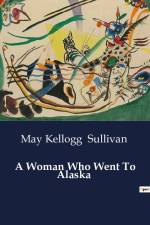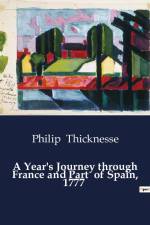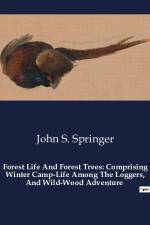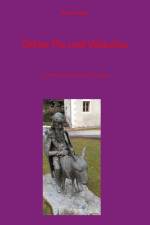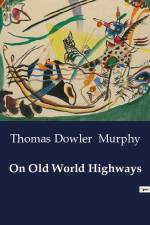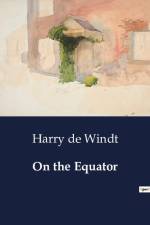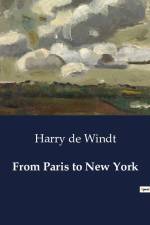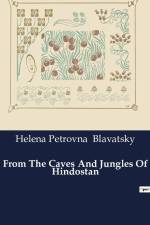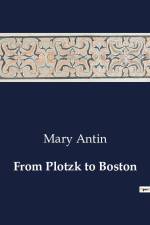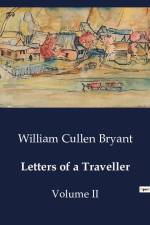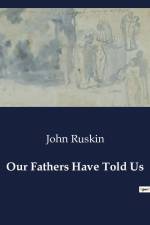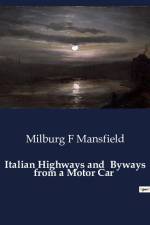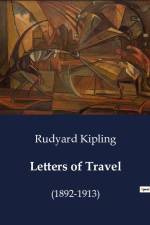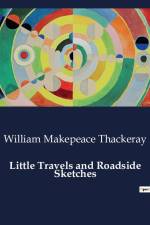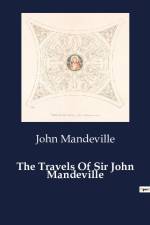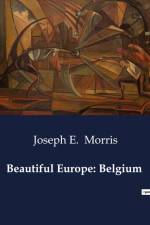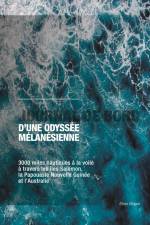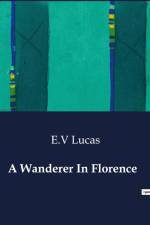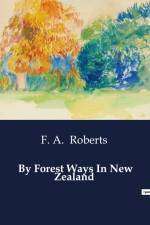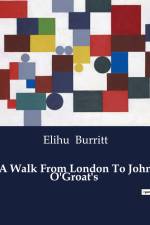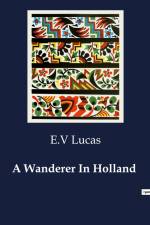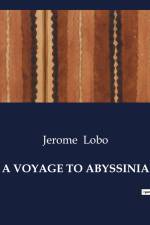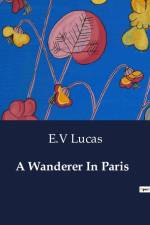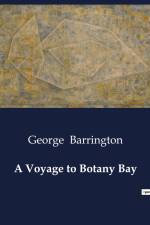- Responsible Travel: Eco-Friendly Initiatives and Ethical Tourism
av Peter Newman
197
Embark on an unforgettable journey to the captivating Canary Islands with "Canary Islands Travel Guide 2023". Immerse yourself in the stunning landscapes, vibrant culture, and rich history of this magnificent archipelago, known for its sun-kissed beaches, volcanic wonders, and warm hospitality. This comprehensive guidebook is your key to unlocking the hidden treasures of the Canary Islands. From the dramatic landscapes of Tenerife, where the majestic Mount Teide awaits, to the pristine beaches of Gran Canaria and the otherworldly landscapes of Lanzarote, each island offers a unique adventure waiting to be discovered. Plan your perfect itinerary with expert tips and suggested routes, ensuring you make the most of your time in paradise. Dive into crystal-clear waters teeming with marine life, surf the Atlantic waves, or witness the awe-inspiring sight of dolphins and whales in their natural habitat. Explore ancient towns steeped in history, indulge in delectable local cuisine, and immerse yourself in the vibrant festivities that color the Canarian calendar. Uncover the best accommodations to suit your preferences, whether you seek luxurious resorts, charming boutique hotels, or budget-friendly options that won't compromise on comfort. Indulge your senses in traditional Canarian dishes, sip on local wines, and discover the unique flavors of the islands. Get insider recommendations on where to find the best tapas bars, seafood delicacies, and vegetarian or vegan-friendly options. Beyond the beaches and attractions, this guidebook takes you on a cultural journey, revealing the islands' deep-rooted traditions, folklore, and customs. Experience the energy of colorful carnivals, immerse yourself in the rhythms of lively music festivals, and witness the skillful performances of traditional Canarian folk dancers. With essential travel tips, practical information, and local insights, this book is your ultimate companion for a remarkable adventure. Whether you're a sun-seeker, an outdoor enthusiast, a food lover, or a culture seeker, this guidebook provides everything you need to create lasting memories in the Canary Islands. Don't miss out on the chance to explore the hidden gems and natural wonders of this remarkable archipelago. Get your copy today and embark on an extraordinary journey that will leave you captivated and longing for more!

